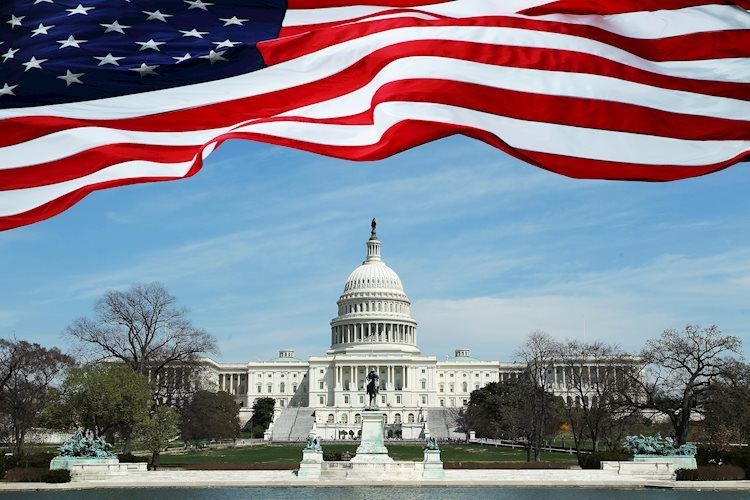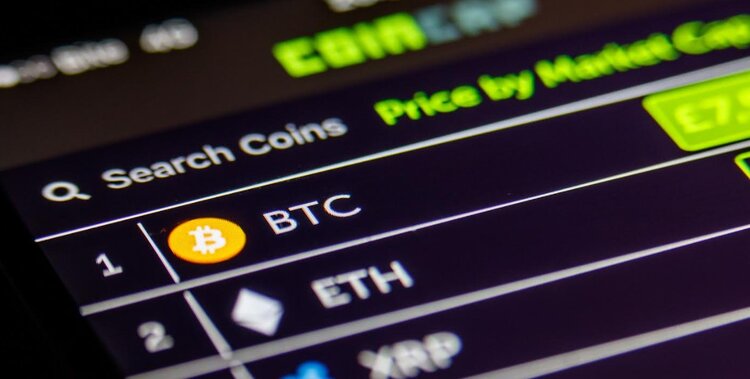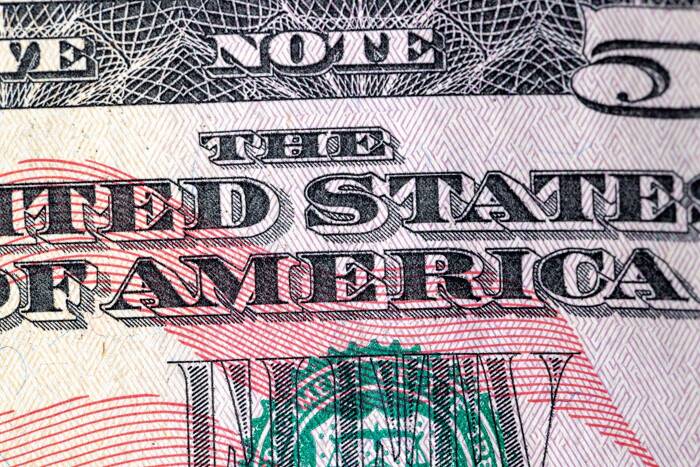As hopes for rate cuts fade, metals markets are giving back some of their recent gains.
On Wednesday, minutes from the Federal Reserve’s latest policy meeting showed central bankers are frustrated by the lack of progress on inflation. After several months of official inflation readings coming in hotter than expected, the Fed has been forced to back off on previous plans to ease multiple times throughout the year.
Remarks by Fed policymakers were widely interpreted as hawkish, with some even suggesting that rate hikes might be necessary.
It’s not clear what the Fed’s next move might be or when it might occur. What is clear is that the Fed lacks credibility when it comes to inflation forecasting.
Chairman Jerome Powell failed to anticipate an inflation problem following the massive fiscal and monetary stimulus unleashed in response to the COVID pandemic. Then after consumer prices shot up rapidly, he wrongly claimed elevated inflation would be transitory.
He acted too late in raising interest rates. Then when inflation finally began to come down last year, he prematurely took a victory lap and projected it would continue to go down after the Fed stopped hiking.
But Consumer Price Index readings started inching back up this year, making rate cuts impossible under the Fed’s own policy framework. So, Jay Powell offered up a bizarre reimagining of the Fed’s longstanding 2% inflation target, declaring it could be met even if inflation stays elevated above 2%.
Now he basically admits he doesn’t know where inflation will be headed in the months ahead or what he will do about it.
In recent weeks, of course, gold and silver markets have been reflecting a lot of built-up inflation – which is just another word for currency depreciation. Gold made an all-time high in terms of fiat Federal Reserve notes, but it is pulling back here in this week’s trading.
In other news, the U.S. House of Representatives this week narrowly passed a bill to prohibit the Federal Reserve from issuing a central bank digital currency. The CBDC Anti-Surveillance State Act, as it has been named, now heads to the Senate where it faces an uncertain fate.
Democrats control the Upper Chamber. Just three lone Democrats in the House voted for the measure.
Many politicians apparently like the idea of one day replacing paper notes and physical coins with a digital dollar.
It could enable the IRS to track just about every transaction in the whole economy. That, of course, brings with it the prospect of more tax revenue for the government. It also brings with it grave privacy concerns and the risk of authoritarian controls over what people are allowed to purchase using their digital wallets.
And any new power handed over to central bankers that pushes the monetary system further away from sound money grounded in gold and silver enables larger scale depreciation of the currency.
For example, a CDBC could enable the Fed to inject so-called stimulus into the economy more rapidly by crediting the digital wallets of individuals or institutions it deems worthy.
The leading privately circulated digital token, Bitcoin, has the virtue of being limited in terms of its supply. Yet while the number of Bitcoins that can ever be mined into existence is capped, scarcity alone doesn’t guarantee that Bitcoin will retain value over time.
Since Bitcoin isn’t backed by anything and has no utility outside of its digital ecosystem, what its purchasing power will be years or decades from now is a matter of pure speculation.
True, it has seen a meteoric rise unlike anything else in the financial universe. That has drawn the ire of many in government – including some of the same politicians and bureaucrats who dream of imposing a CBDC. Congressman Brad Sherman, for one, has pushed for a total ban on Bitcoin.
If people can’t legally trade Bitcoin or it falls out of favor for whatever reason, then there could be nothing left to support it having any value at all. Physical gold and silver, by contrast, will always have value even if in the future nobody chooses to recognize or hold them as money. They have real utility to industry, to jewelers, to artisans, and more.
And they have a centuries-long track record of retaining their value better than any other form of money that has ever been produced. Will Bitcoin be the one exception, the thing that really is different this time — the “new gold” as its promoters believe?
You can speculate on that happening if you wish. But just in case it doesn’t, you’d be well served to hold onto at least some hard money in the form of physical bullion.
Share:
Analysis feed





